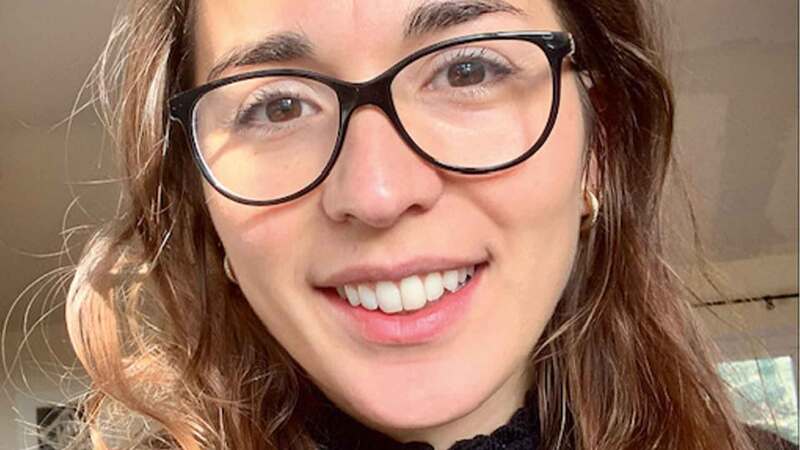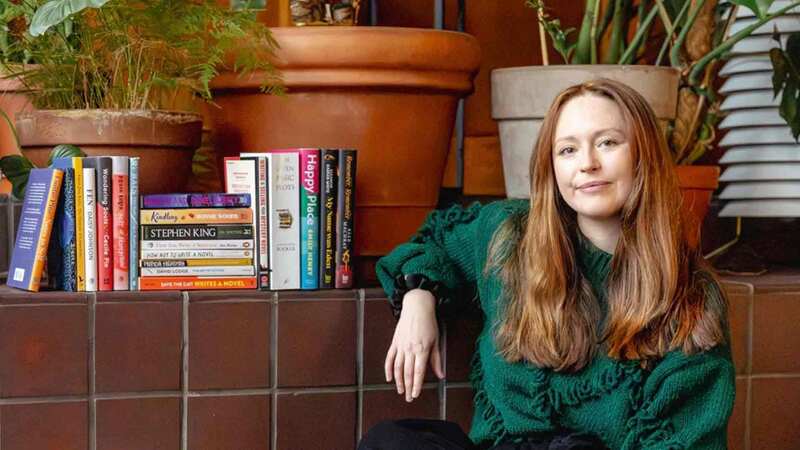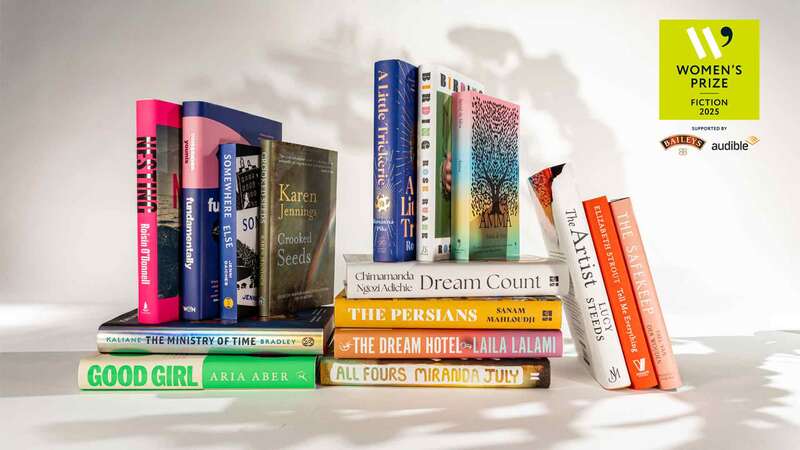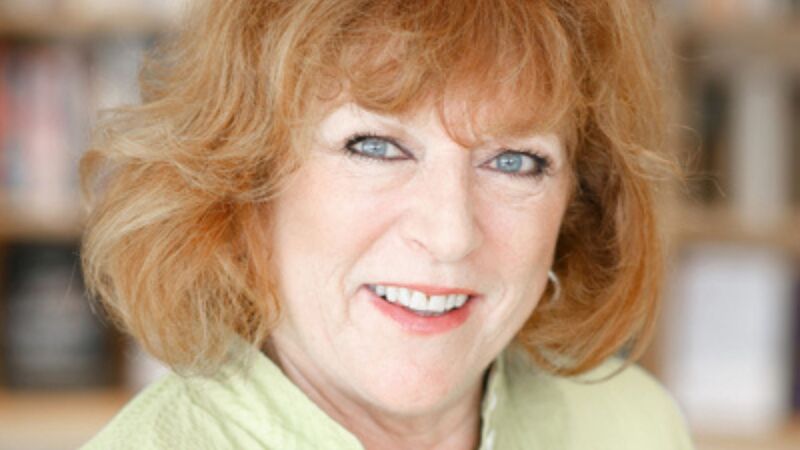You are viewing your 1 free article this month. Login to read more articles.
Weldon 'sick' at lack of working class people in publishing
Penguin Random House chief executive Tom Weldon has urged the industry to respond to the “really urgent commercial imperative” of reflecting working class experiences in books.
Weldon discussed the lack of diversity in literature in a Radio 4 documentary, "Where Are All the Working Class Writers", presented by Kit De Waal, which aired on Thursday (23rd November). The “erosion” of the library system was discussed, as was the prohibitive cost of further education and writing course fees, and how working class fiction in America is treated differently to that in the UK.
Weldon told de Waal that he was dismayed by the lack of broad representation in publishing. He said: “I feel sick in my stomach when I realise books and publishing don’t reflect the world we live in. I fundamentally believe in books and in the power of books to shape culture and it’s depressing and wrong that culture is driven by a narrow sector of society.”
The chief executive said that beyond the “moral and cultural reason”, there is a “commercial imperative” to widen out access to publishing beyond the upper and middle classes. He said this was why PRH had removed the need for university degrees in its recruitment, banned all personal referrals for work experience, and begun the “flagship” mentoring programme Write Now – the first publishing deal arising from the scheme was announced earlier this week.
The costly nature of evening courses and creative writing degrees was also discussed. De Waal revealed that the scholarship she set up in 2015 with the advance from her debut, My Name is Leon (Viking), to fund a Birkbeck's creative writing MA attracted more than 130 applications. The first recipient, former Birmingham poet laureate Stephen Morrison-Burke, told the programme he would have struggled to meet even 10% of the course fees. Novelist Lisa Blower discussed recently setting up the first creative writing module dedicated to working class fictions at Bangor University and said “when it comes to English working class fiction, those barriers seem to come up”.
The atmosphere of the trade was raised as an issue which could dissuade people from lower socio-economic backgrounds. Nathan Connolley, editor of crowdfunded anthology of working class essays, Know Your Place (Dead Ink), revealed he had been intimidated by the grandeur of PRH’s Strand office in London. He said: “When I went down to PRH for an entry level role, when I went to the offices in the strand, they are huge and intimidating buildings, no fault of PRH but my feeling was ‘this isn’t somewhere I belong, where I should be’. I’d never heard of anyone in publishing. It’s a middle class to be in publishing, to be a writer.” De Waal was one of the contributors to Know Your Place which was published in September and attracted almost £3,000 more than its £7,000 Kickstarter goal.
Cuts to libraries were also cited as an issue of concern which is affecting aspiring writers from working class backgrounds. Thirst author Kerry Hudson lamented the “current erosion of the library system” and how it impacts on writers from working class backgrounds. She said: “The reason I’m a library is that I always had access to a library, they let me educate myself for free”.
Declining incomes was also discussed, as were various research studies into the issue, including the Authors' Licensing and Collecting Society's survey which reflected the annual average income of UK authors as only £11,000 in 2013. Writer Lucinda Hawksley, also a management committee member of the Society of Authors, said: “There’s this huge, huge gap between the very highest earners and almost everybody else… I think this real problem of writers not getting paid enough is hugely affecting the kind of people who go into writing.”
One author featured in the documentary suggested that the US publishing industry is more inclusive. Writer Tim Lott told De Waal that he never sees working class stories represented in books, and finds English fiction “too genteel and concerned with appearances, not so much concerned with feelings”. Lott said instead he turns to American writers for “the energy and sheer viscerality” and suggested that there needs to be a “literary equivalent of soul music” in the UK. Julia Bell, Birkbeck senior lecturer in creative writing and convenor of the creative writing MA, meanwhile, said she believed the UK publishing industry was more “egalitarian” in the 1990’s.
Earlier this month, panelists from the ‘Building Inclusivity in Publishing Conference’ discussed what steps can be taken to accelerate change and cited examples of best practice such as the HarperCollins BAME traineeship and the work of charity Creative Access.



















